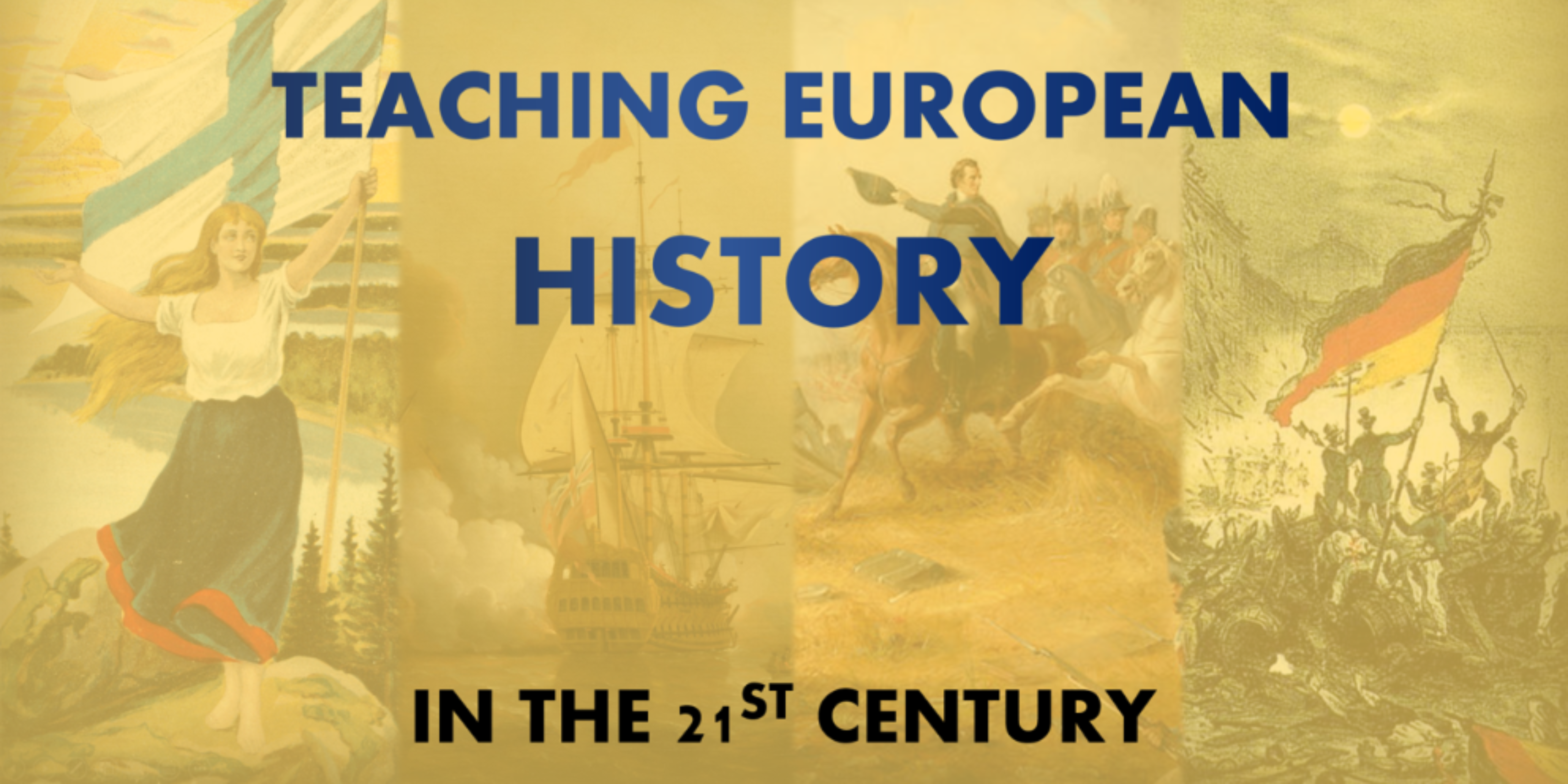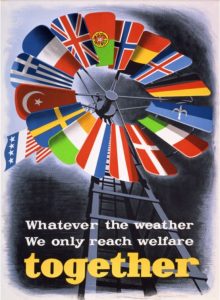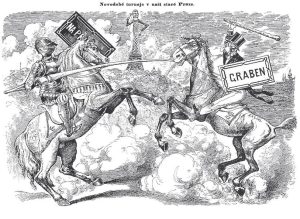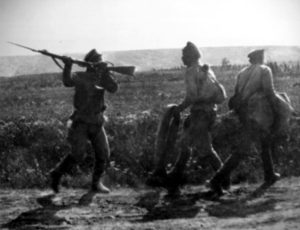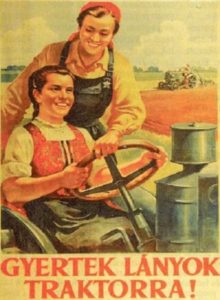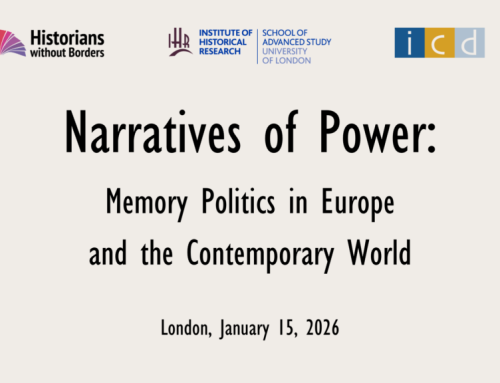Copyright (CC-BY-4.0): Axel Eliassons Konstförlag, k. & Sellén, R. Suomi-neito seisoo kalliolla ja kohottaa siniristilippua. The National Library of Finland (cut and edited by EuroClio), https://finna.fi/Record/museovirasto.53F7EC754023DD17ACEF348B0F5415D0. Other pictures are in the public domain.
—–
EuroClio is currently taking part in the European project Teaching European History in the 21st Century, running over three years as an Erasmus+ Strategic Partnership in Higher Education (2019-2022). The project was initiated by Utrecht University to develop a truly European history textbook made by a transnational collective of authors from 7 universities across the continent. This textbook will be openly-accessible and suitable for courses in early modern, modern and contemporary history in Higher Education Institutions. Instead of teaching from a single country’s perspective, transnational initiatives like these ensure that the multiperspective nature of European history righteously comes to the fore.
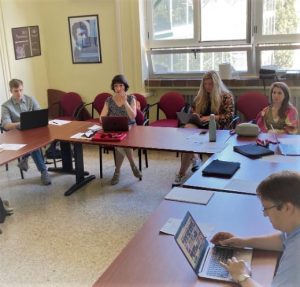 On June 27-28, EuroClio gathered with the project partners in Madrid to present our contributions to the project, hear the progress from each other, and discuss the next steps. As we prepare to launch the final results, it is quite intriguing to look back at the developments of the past few years! A total of 29 chapters has been written collaboratively by teams of authors from the Czech Republic, France, Germany, Hungary, the Netherlands, Spain and the United Kingdom. Each chapter is divided into a subchapter on early modern, modern and contemporary history. The textbook as a whole is divided into 7 themes or ‘units’. Those are respectively: Identities, Societies, Power and Citizenship, Knowledge, Economy, Living with Difference, and Cultural Encounters.
On June 27-28, EuroClio gathered with the project partners in Madrid to present our contributions to the project, hear the progress from each other, and discuss the next steps. As we prepare to launch the final results, it is quite intriguing to look back at the developments of the past few years! A total of 29 chapters has been written collaboratively by teams of authors from the Czech Republic, France, Germany, Hungary, the Netherlands, Spain and the United Kingdom. Each chapter is divided into a subchapter on early modern, modern and contemporary history. The textbook as a whole is divided into 7 themes or ‘units’. Those are respectively: Identities, Societies, Power and Citizenship, Knowledge, Economy, Living with Difference, and Cultural Encounters.
Coordinator of the project Jochen Hung (Utrecht University) announced in Madrid that the textbook’s content is finished and well, and therefore has been sent to the publisher. That means that we have now reached the final phase of the project: we will soon launch the textbook with the title The European Experience: A Multi-Perspective History of Modern Europe (1500-2000) free to download for all students across Europe.
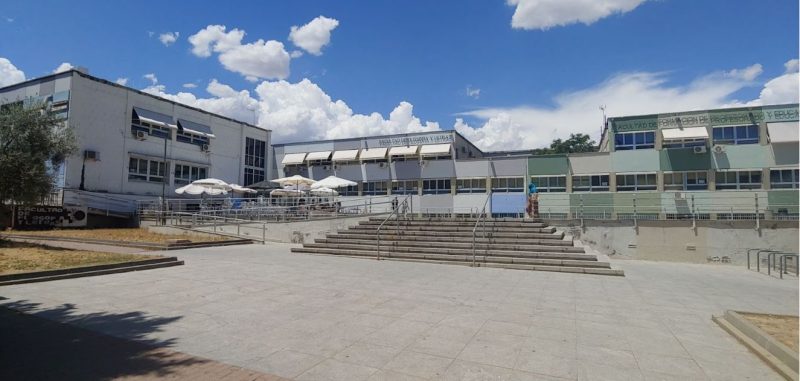
Project meeting at Campus de Cantoblanco of the Autonomous University of Madrid (UAM)
But the project involves more than just the textbook development. Since the start of 2022, here at EuroClio we have been quite busy collecting online primary source material in the form of images and textual extracts, which will further enrich the textbook’s content. With the authors in Madrid, we were proud to present the finalised results: more than 300 individual sources, all free to use for educational purposes, distributed across the seven units mentioned above!
The images are assembled in public Source Collections on Historiana.eu, including short descriptions. They can be used as primary sources by teachers or for other educational purposes. At the moment, they are available only via their direct link, upon request, but we will open them up to the members of the EuroClio community in September, in time for our Final Conference. In addition, the visual sources will be embedded within the text of the chapters in an exciting new feature of Historiana: the ‘Narratives’. We can’t wait to show you this new feature and are glad we will have such great content to populate it already.
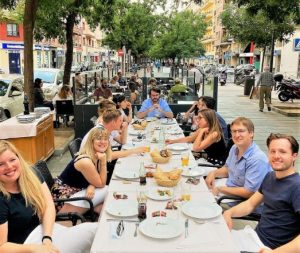 In addition to the textbook, the online source collections, and the Narratives, in Madrid we were able to discuss the final steps toward two other results of the project: a teachers’ guide and a series of video lectures. The universities involved in the project, in fact, have been testing the chapters of the textbook (as well as a couple of detailed video lectures that are already made available on the youtube channel of the project), and have collected input from their students on how to best engage with the new content. All this input will be compiled in a best-practice teacher guide.
In addition to the textbook, the online source collections, and the Narratives, in Madrid we were able to discuss the final steps toward two other results of the project: a teachers’ guide and a series of video lectures. The universities involved in the project, in fact, have been testing the chapters of the textbook (as well as a couple of detailed video lectures that are already made available on the youtube channel of the project), and have collected input from their students on how to best engage with the new content. All this input will be compiled in a best-practice teacher guide.
Finally, we will also develop a set of 29 video lectures, each focused on a different chapter of the project. In this way, we hope we will be able to bring the content of the textbook to students and to the general public in a new, bite-size way.
“This is all great, but where and when will all these developments be presented?” – you might ask. Well, fear not, for we have good news for you: The Final Conference of Teaching European History in the 21st Century will take place on 30 September, in cooperation with the House of European History in Brussels. This museum and forum for dialogue is specialised in transnational phenomena that have shaped the continent of Europe. Are you interested in developing innovative, cooperative, or academic teaching materials in either a textual, visual or audiovisual form? Participation is open to everyone and free of charge!
Registration will be open soon, and on the dedicated EuroClio Event Page you can find additional information, including a preliminary programme. For every project result, we will organise a dedicated, active workshop, so you can expect to be able to learn more about all these exciting developments! We hope to see you there!
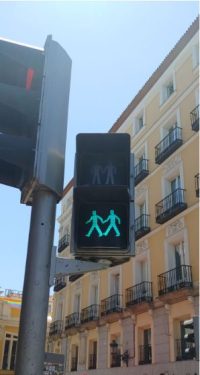 List of our project partners
List of our project partners
Humboldt University of Berlin (HU)
Eötvös Loránd University of Budapest (ELTE)
University of Lille (UL)
Autonomous University of Madrid (UAM)
Charles University of Prague (CUNI)
University of Sheffield (US)
Utrecht University (UU)
—–
Gallery
Examples from the Source Collections on Historiana of The European Experience

